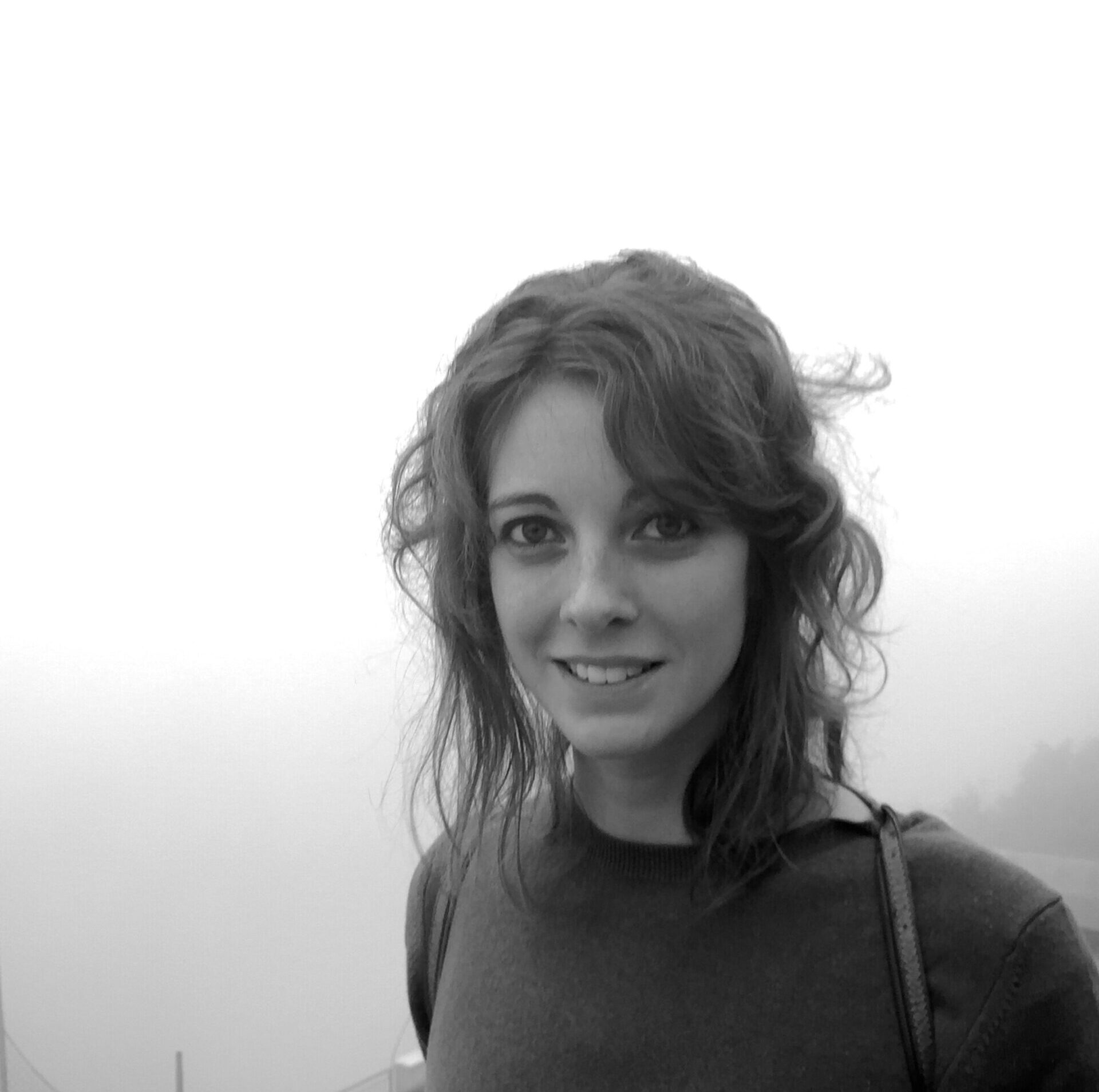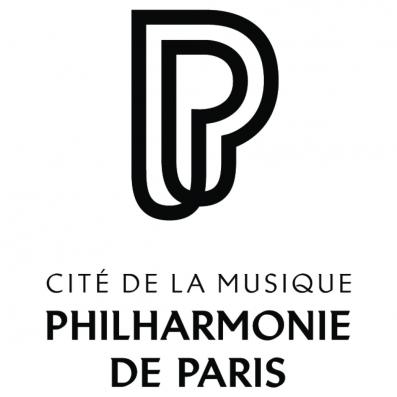Indiana Wollman
Neuroscientist, Research Coordinator
Fall 2024

- Music
- Atlanta
- New York
- San Francisco
“Since the dawn of time, music has been ubiquitous. It belongs to all of us and shapes the ever-changing world. I strive to explore its universal dimension.”
I am a researcher attached to the French Ministry of Culture and I specialize in the cognitive neuroscience of music at the Philharmonie de Paris. I oversee the scientific aspects of musical education programs from a multidisciplinary standpoint, encompassing everything from human and social science to cognitive neuroscience. Created and carried out in partnership with French and European laboratories, our research program aims to support the development of our educational programs and boost their social impact.
Since the dawn of time, music has been ubiquitous. It belongs to all of us and shapes the ever-changing world. I strive to explore its universal dimension. Throughout my career, I have come to reflect more specifically on the way music impacts humans through the educational processes involved in playing instruments, and how it relates to the social issues that arise from living together. I also help develop educational actions based on group learning, which conceive of music practice both as an end goal and as a means of supporting an individual path in society, focusing particularly on children – the citizens of the future.
My previous research saw me explore the links between musical expertise and topics such as quality perception, auditory attention, and multisensory integration in instrument playing. More recently, my scientific interests and areas of expertise have revolved around lifelong musical development and music education, social inclusion through music, and, more broadly, evaluation of public cultural policy.
After studying fundamental physics at École Normale Supérieure in Cachan, near Paris, Indiana Wollman received her PhD in acoustics and cognitive science from La Sorbonne. She followed this up with neuroimaging research at McGill University, focusing on the brain plasticity involved in learning the cello. In 2017, she was named research coordinator at Cité de la musique – Philharmonie de Paris, where she leads educational projects.
Many of us today still believe in the power of music to “make humanity together.” In our globalized, pluralist, Western societies, cultural institutions must still contend with the crucial challenge of expanding audiences and attracting new ones.
What means are available to heritage musical institutions on either side of the Atlantic to continue to democratize music access, as well as to put the concept of cultural democracy into practice?
By exploring various institutions and meeting different key players in the world of music, I would like to gain a better grasp of what is being done in response to the modern challenges of cultural democratization and democracy. My residency will center around two areas in particular.
The first has to do with the sometimes highly ambitious education policies that are being led by cultural institutions. What are the outcomes of programs for art education and education through art? How do they impact on the workplace environment and society at large? How will they shape the audiences of concert venues in years to come?
The second focuses on the places where cultural institutions operate, and the development of the music complex as a space of life. What kind of events are planned outside the usual gathering spots? How can the concert venue be associated with other organizations for music, the arts, the community (such as local clubs, day cares, etc.), and business? What will be the impact of new audiences coming into contact with the institution?
I firmly believe that we need a scientific approach that presents a specific intellectual perspective to investigate these two areas. As such, I intend to bring together US university researchers of all backgrounds—from social science through to cognitive science—who have insight into projects led by the musical institutions that I will visit, in an effort to spark synergy around these shared reflections.
This residency will take place mainly in New York City and Los Angeles. These cities are proven trailblazers, with bustling art scenes replete with artistic and cultural projects for all audiences. In this regard, they will be invaluable in helping put into perspective all the work that the Philharmonie de Paris has launched on these subjects within the context of public cultural policy. Moreover, both cities provide a chance to meet researchers from various disciplines employed at prestigious universities.
In New York City, ambitious educational projects are also underway at several arts centers and concert venues that host major ensembles, such as Lincoln Center, and the Weill Music Institute at Carnegie Hall. I would like to strengthen ties between the Philharmonie de Paris and Columbia University, and I will travel to Duke University to further the stimulating exchanges that have already begun there.
In Los Angeles, youth orchestras, including those of the YOLA program backed by the Los Angeles Philharmonic, have forged solid links with leading research institutes, such as the Brain and Creativity Institute. This neuroscientific angle is of particular interest to me. I also hope to travel to San Francisco to understand the partnership between the San Francisco Symphony and San Francisco’s Unified School District.
This residency will therefore be an opportunity to meet many pivotal players in the music and academic spheres to develop synergy and research partnerships around these shared issues.
In partnership with

Cité de la musique – Philharmonie de Paris
Située au cœur du parc de la Villette dans le Nord-Est parisien, la Cité de la Musique – Philharmonie de Paris est un complexe musical unique qui accueille près de 1.5 million de visiteurs chaque année.
Elle développe une programmation ambitieuse et éclectique (450 concerts et 2 à 3 expositions temporaires par an), tout en assumant pleinement son rôle social et sociétal. Elle vise ainsi à rendre accessible sa programmation à tous les publics, de tous âges et toutes origines sociales et géographiques, mais également à faire des enjeux d’égalité femmes-hommes, de diversité et d’éco-responsabilité une partie intégrante de son projet. C’est en ce sens qu’elle a créé, avec le Paris Mozart Orchestra, le concours de cheffes d’orchestre la Maestra et qu’elle développe de nombreuses actions sur l’ensemble du territoire en partenariat avec les collectivités, à l’instar du projet d’orchestres d’enfants Démos. Elle mène également des projets de coopération et de partenariat à l’international avec de nombreuses institutions culturelles (États-Unis, Brésil, Pays du Golfe, Pays européens…).
